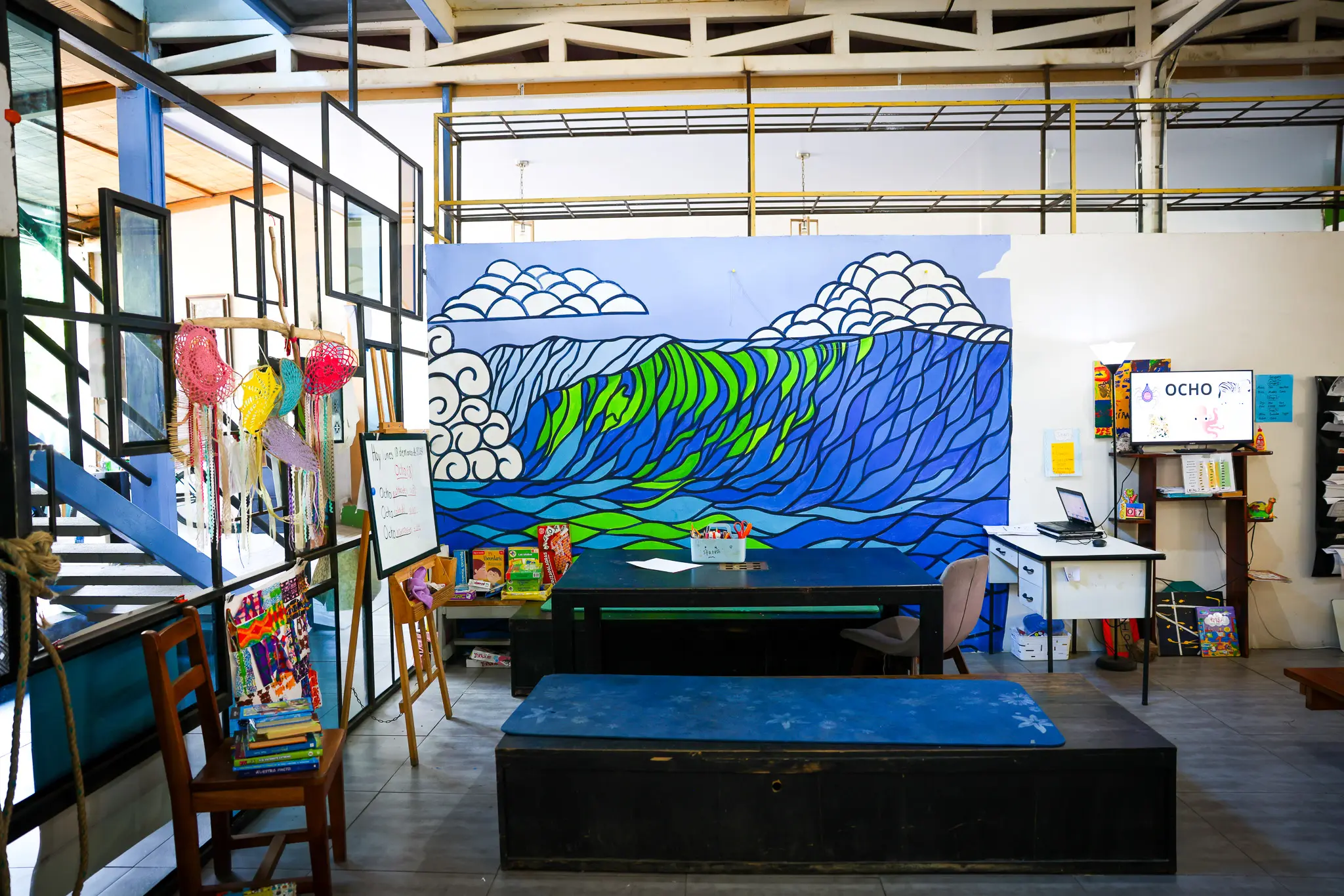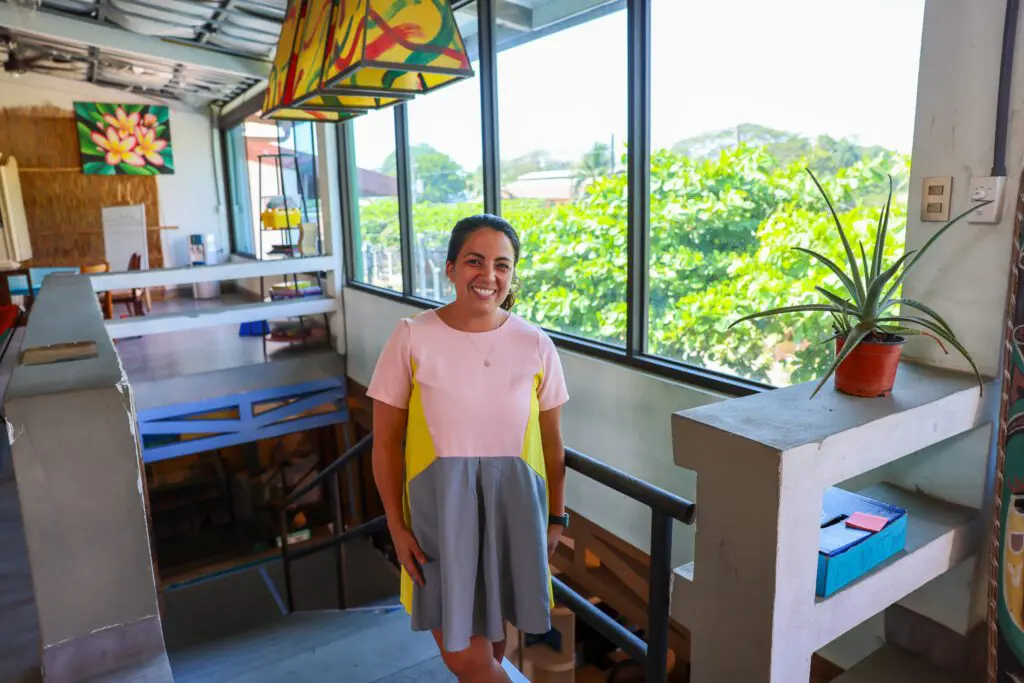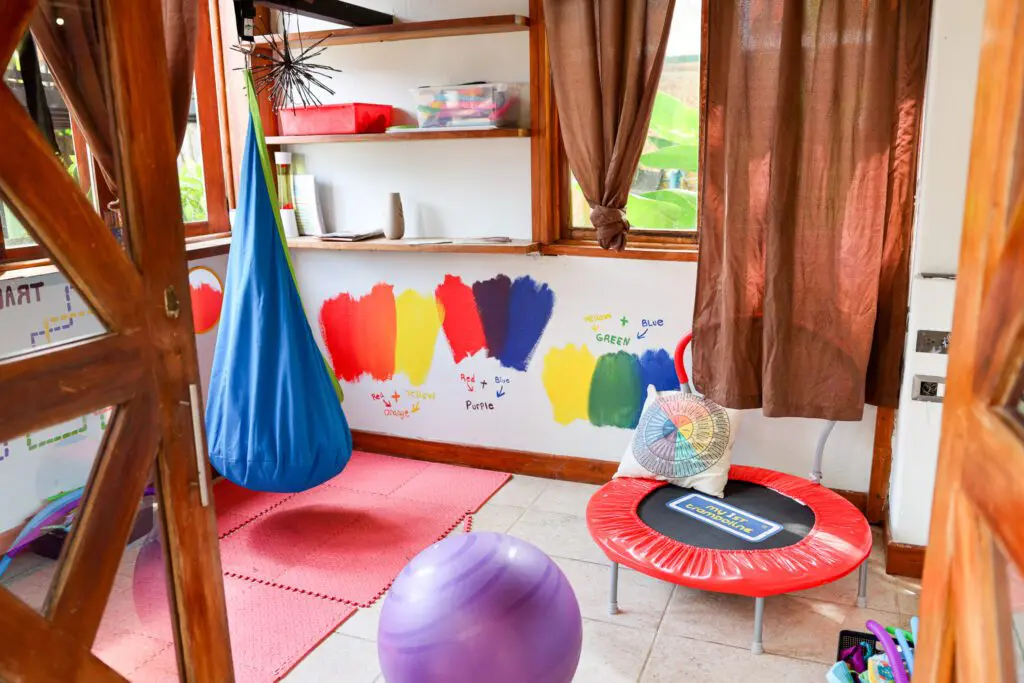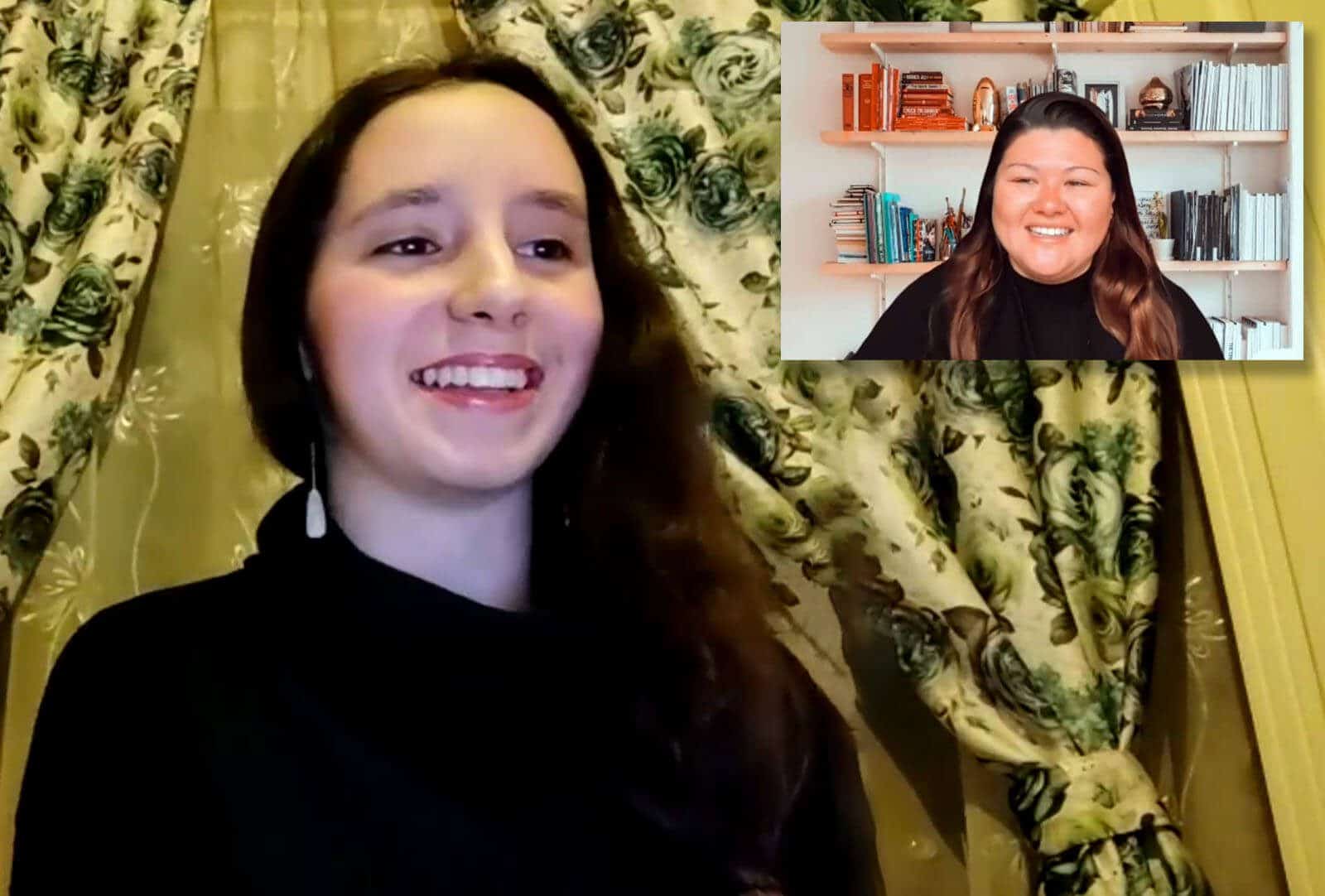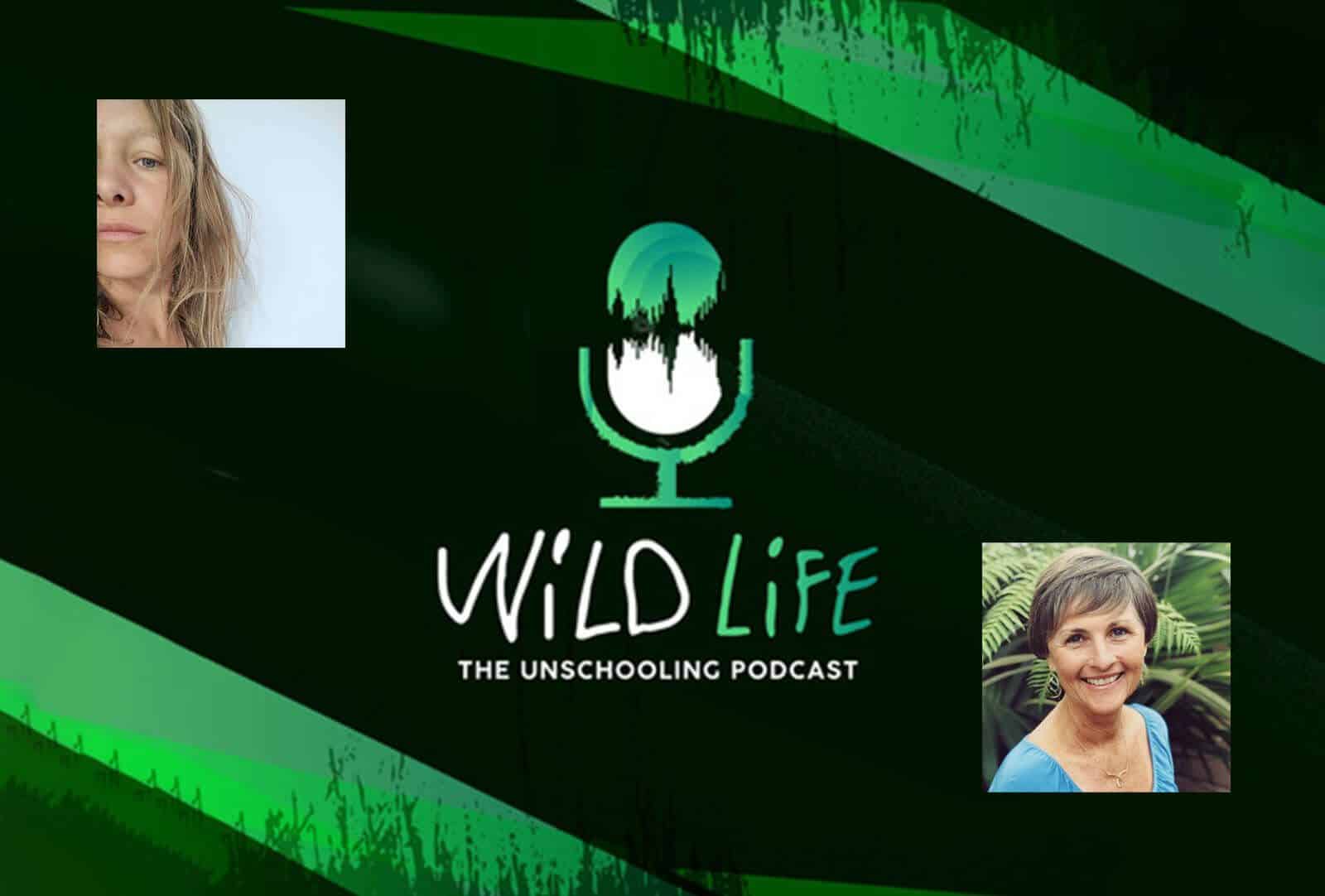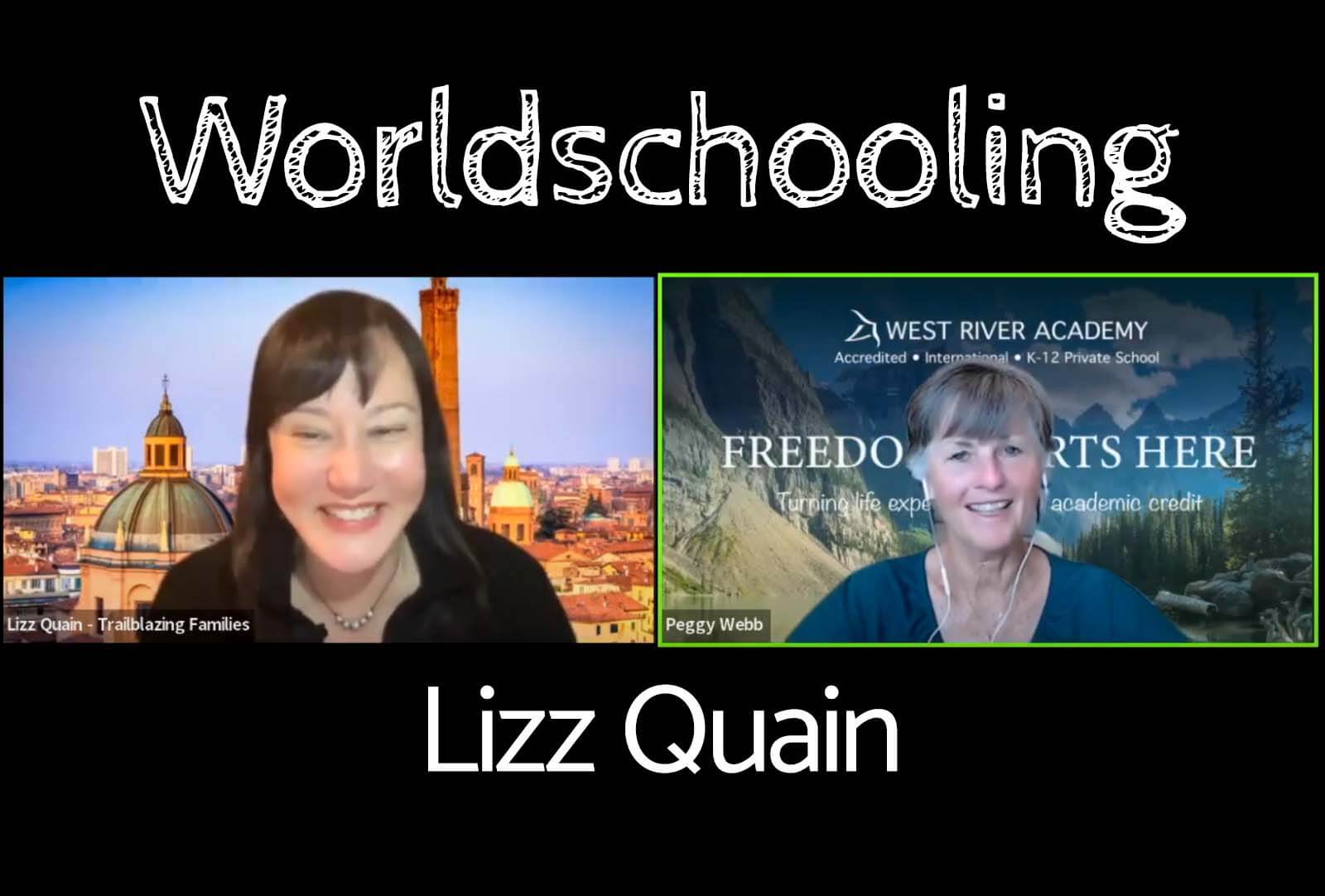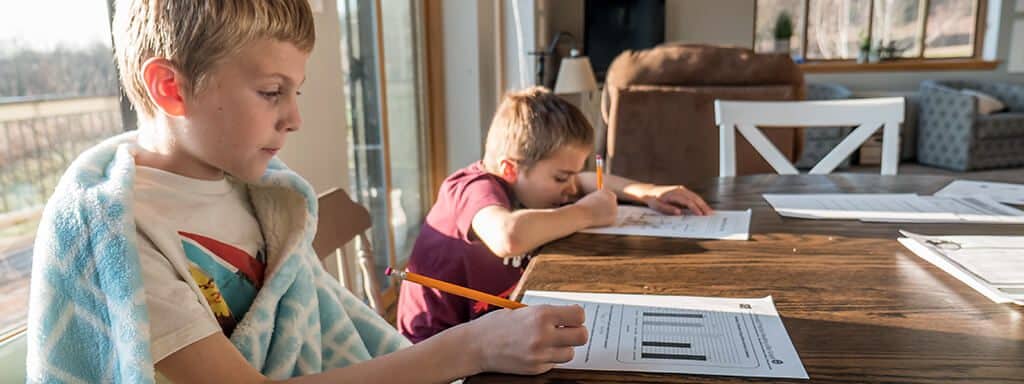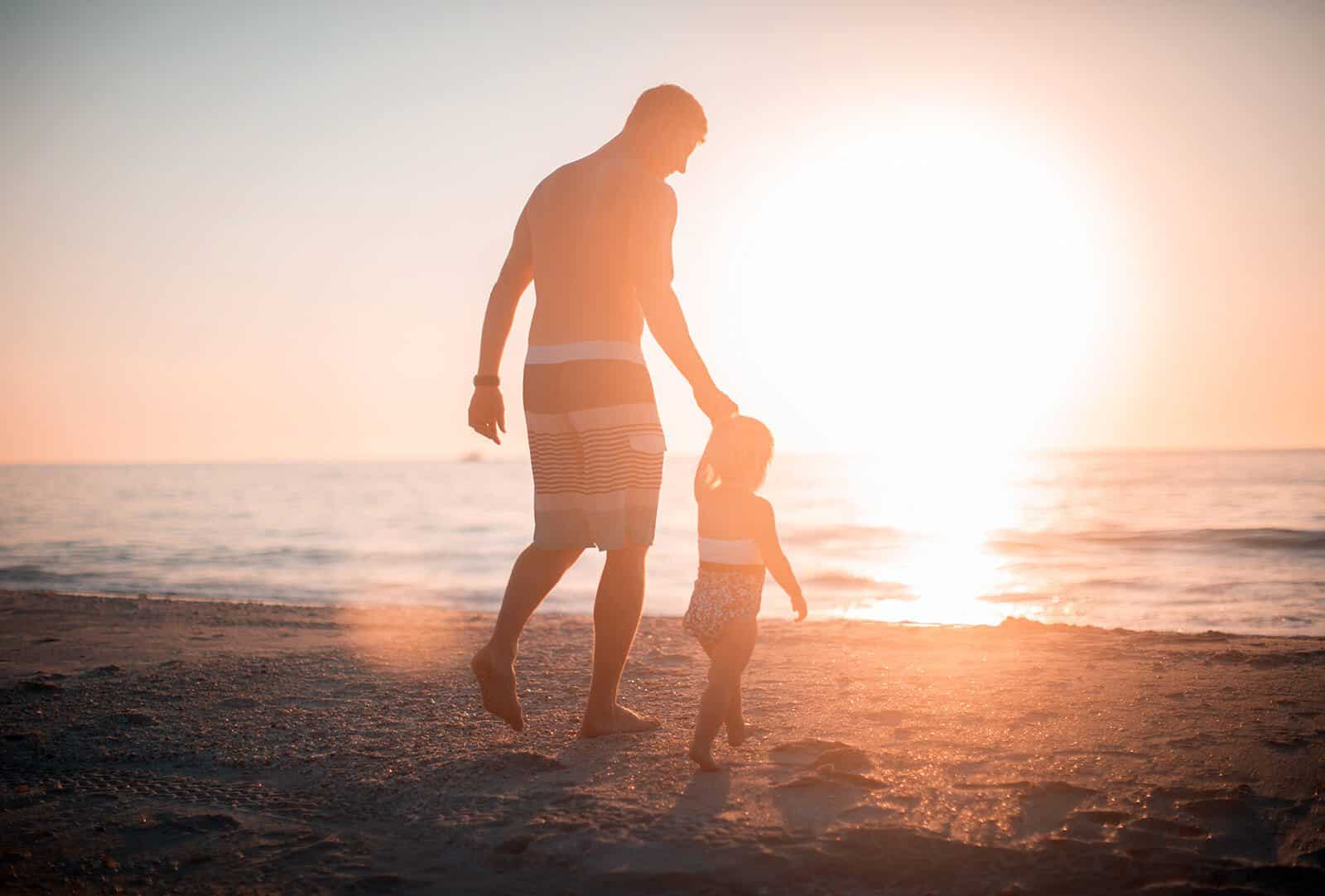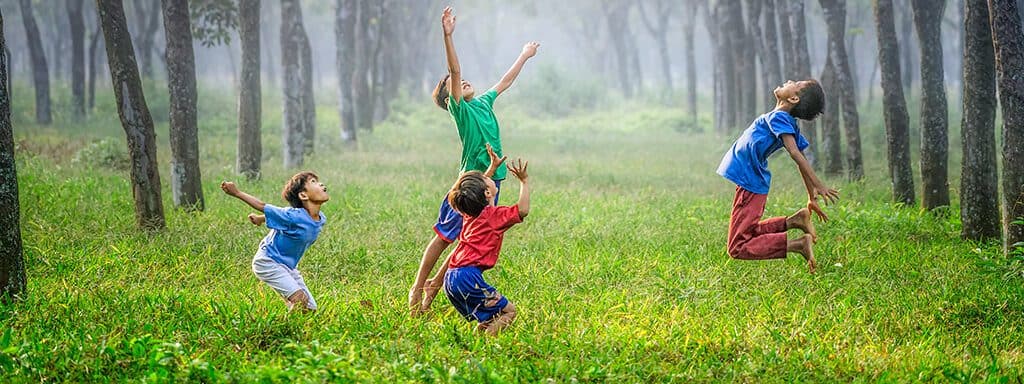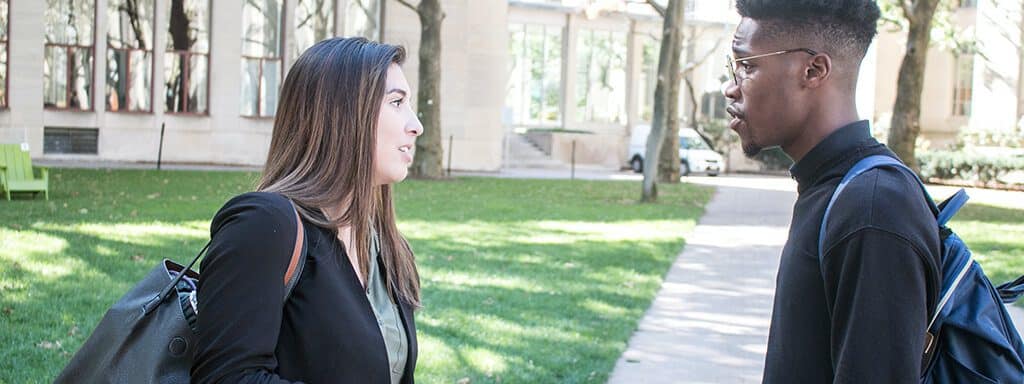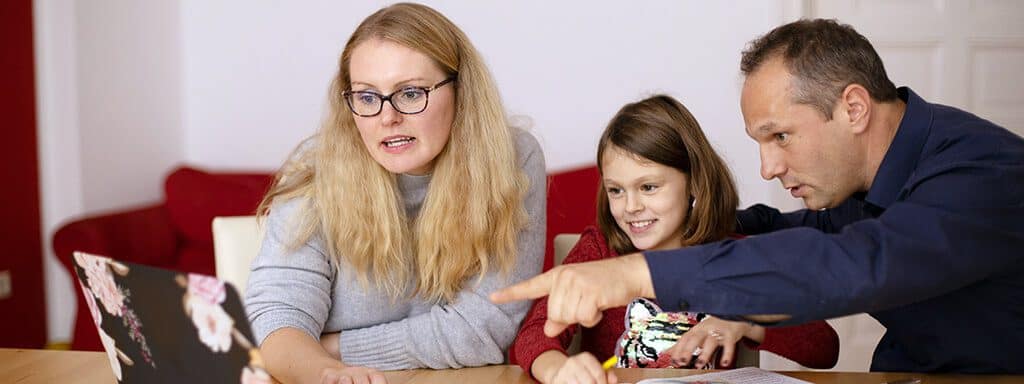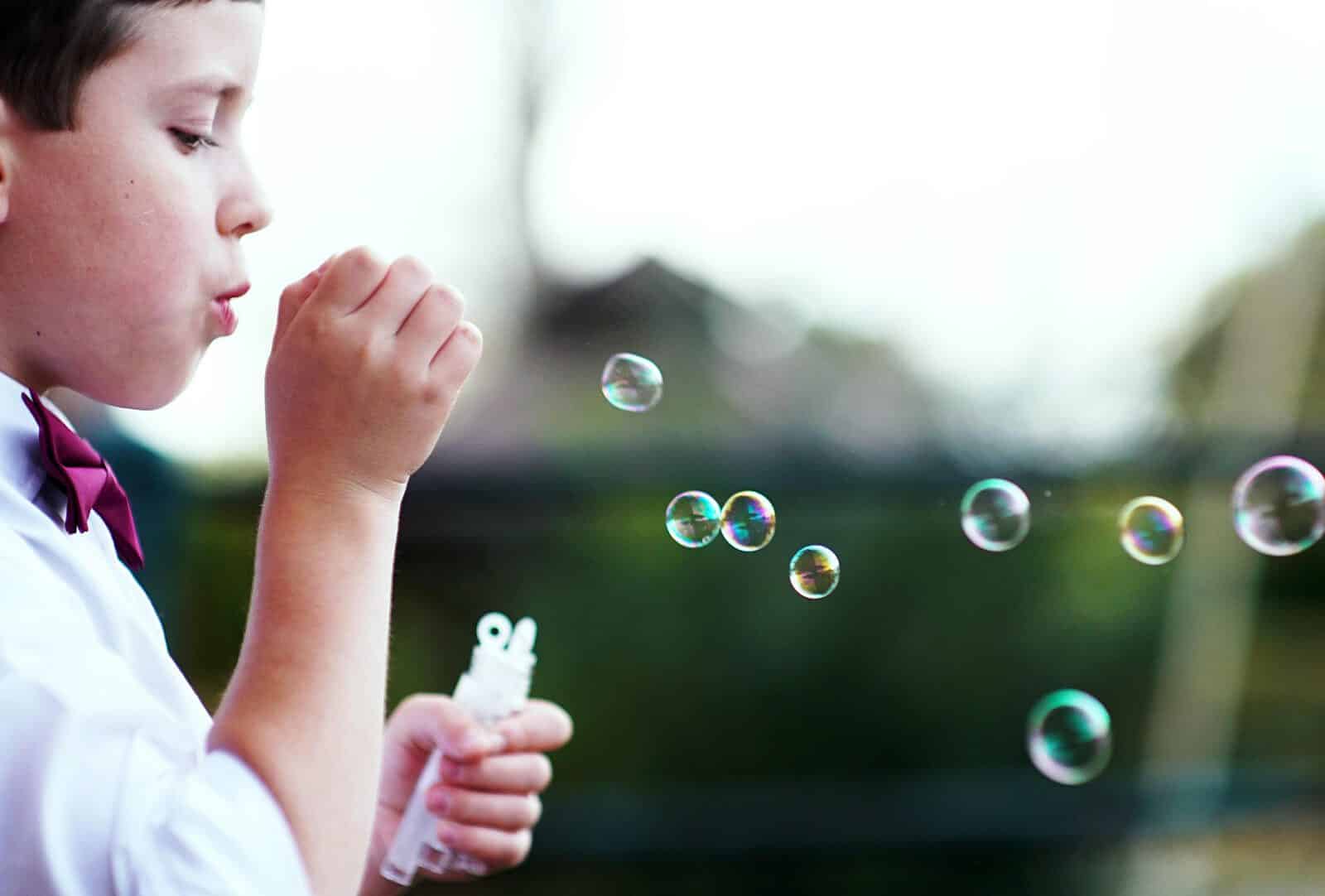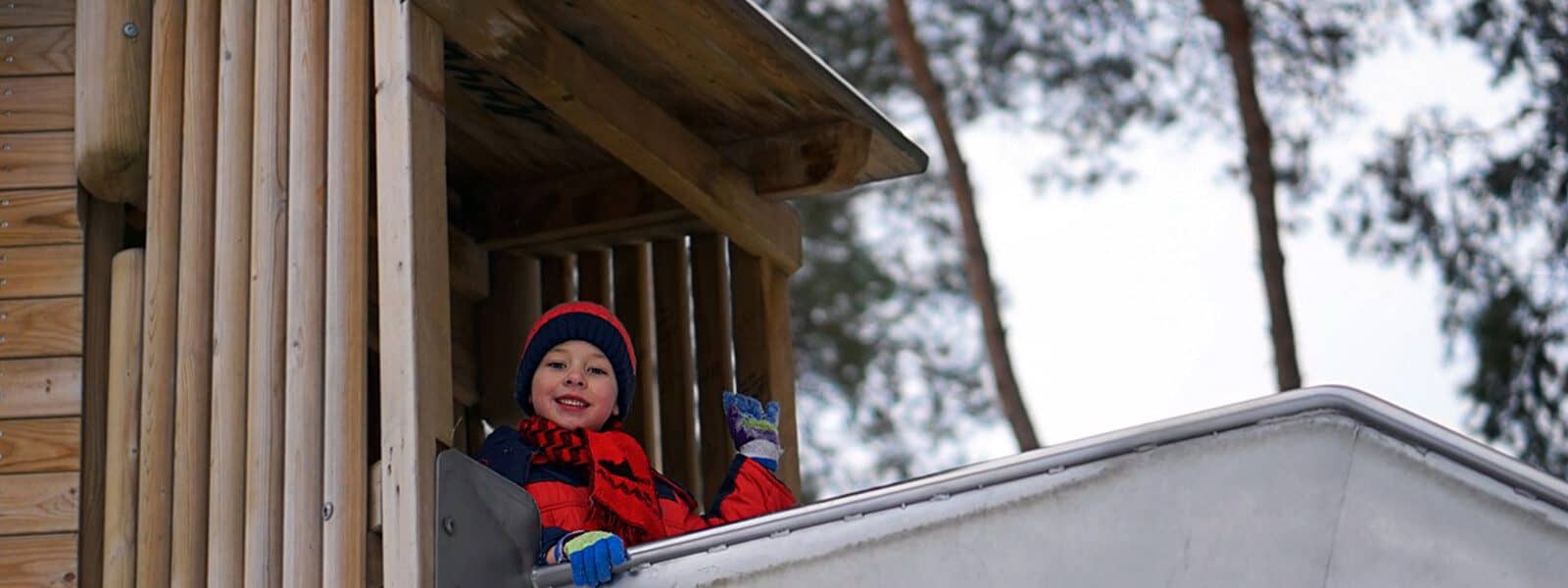Collaboration is key at Jaco Learning Center because the teachers, parents and students work closely together to create a learning experience built on creativity, unity and natural learning. They have created a beautiful learning space that has different sections based on age range. They have an outdoor space, a second-level sport section, a music area, divisions within the building to separate the learning areas and they fill each space with age-appropriate learning materials such as books, craft projects and other educational games and activities. The parents and teachers work well together to design learning themes. In addition to the natural curiosity that comes with living in Costa Rica’s tropical climate, the parents and teachers prioritize critical thinking skills and it is very important to teach the students about how they can directly create a positive impact on their community.
In March, our Creative Director, Rachel Nishikawa, had the fantastic opportunity to visit and meet with the Principal, Brittany. With three of her own children enrolled, Brittany radiates a profound dedication to the unschooling ethos. Her warmth and boundless compassion are evident in every interaction. She gave Rachel a tour of their vibrant learning hub where children thrive at their own rhythm.
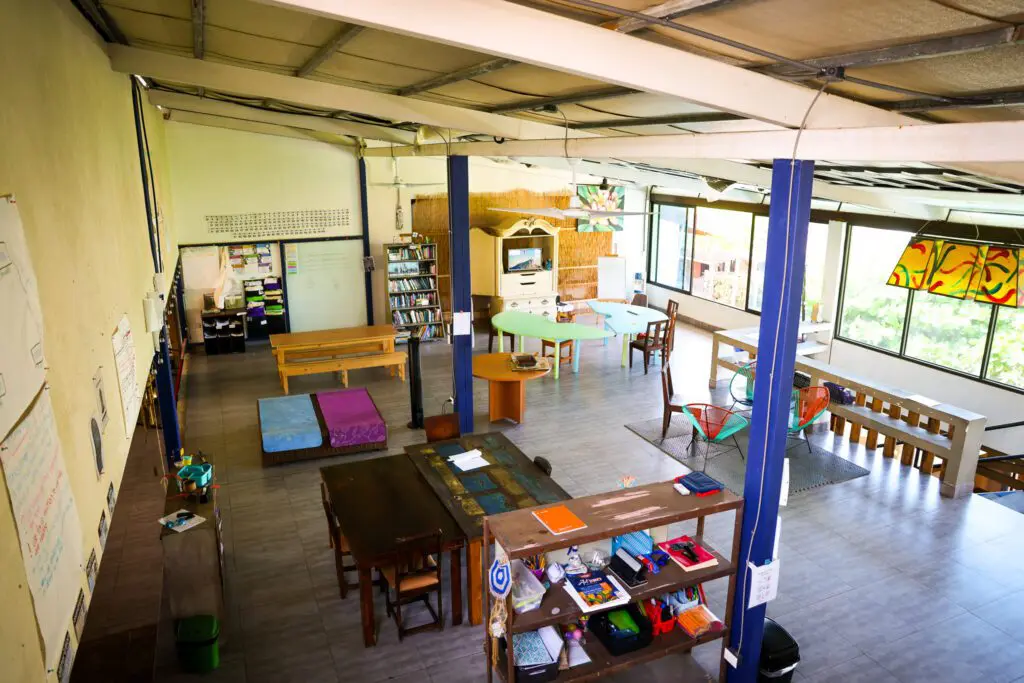
We enjoy connecting with our groups around the world because it is fascinating to see how alternative education can be applied in various cultures. In countries where withdrawing students from the government educational system is illegal, families who dare to do so run the risk of being arrested or reported to social services. In order to reduce the risk of this happening, families enroll in West River Academy and demonstrate with their Confirmation of Enrollment documents that they are complying with compulsory attendance laws by enrolling in a private school in the United States. They can also present official transcripts to prove the student has completed grade levels. Worldschoolers and other ex-pats who join learning communities may feel safer being enrolled with a school such as West River Academy.

